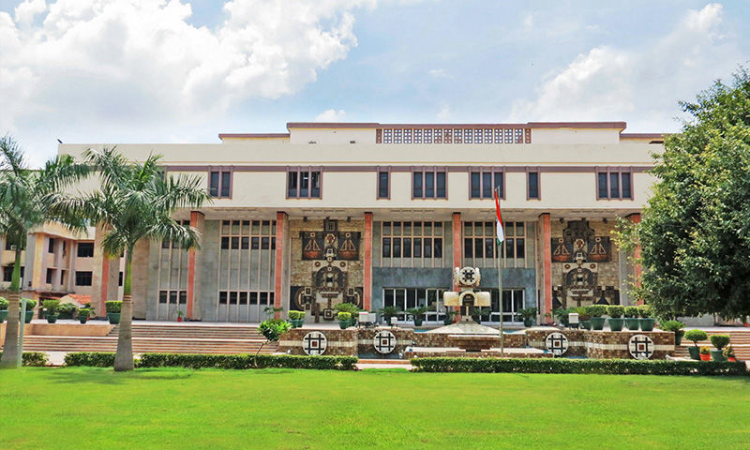The Delhi High Court has held that the assessee, Mitsubishi Corporation, is not liable to deduct TDS under Section 195(1) of the Income Tax Act where the sum paid was not chargeable to tax in India.The bench of Justice Rajiv Shakdher has observed that the assessee could have taken recourse to the DTAAs qua the reformulated question since the provisions contained therein were more...

